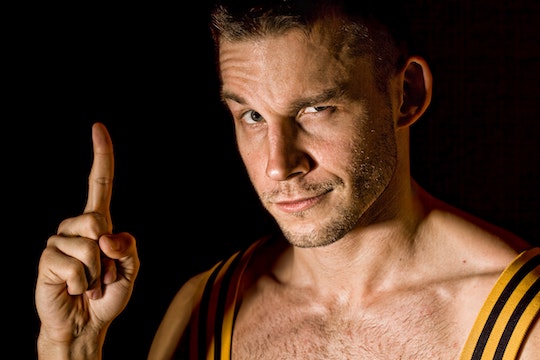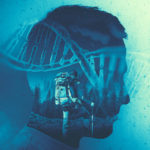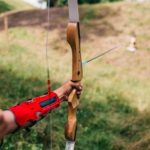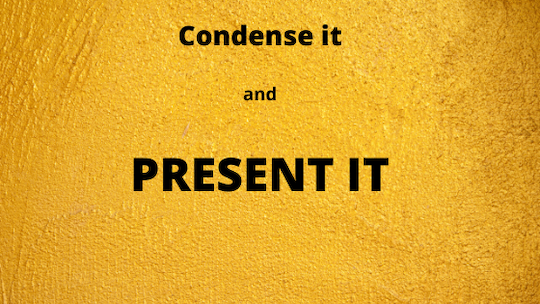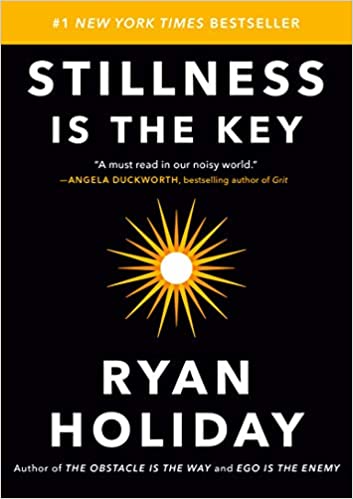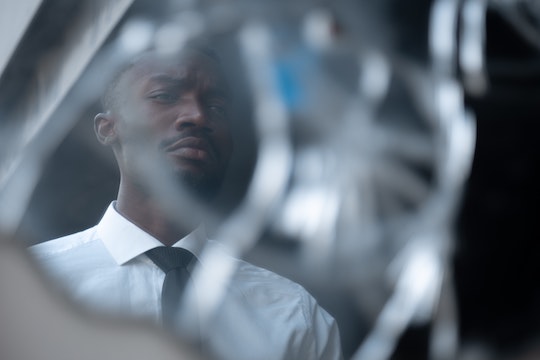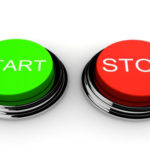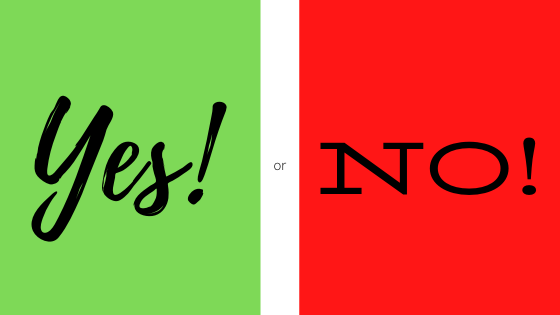“Revolutions are ideal times for soldiers with a lot of wit – and the courage to act.”
Napoleon Bonaparte, 18th Century French Emperor and Military Leader

Image from Unsplash by Jessica Felicio
I recently saw a video keynote speech by David Burkus on the topic of how great teams find a purpose around which to rally.
In addition to using excellent examples of well-known organizations to make his points, he also used a few historical samples of powerful revolutions that galvanized communities, countries, and the world.
He suggests that we can all dig deeper than the core values or mission statements hanging in organization headquarters or above executive desks to discover our sacred values worth fighting for.
We are all allies in the sacred crusade to fight the Covid-19 pandemic, and combat racism around the world.
EXERCISE:
Where and how are you and others soldiers in your various communities bringing your wit and courage to act in these fights? How can and will you rally even more allies in these efforts?


